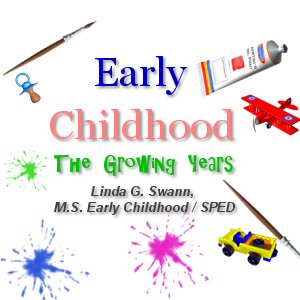Fetus Language
 Did you know that a newborn infant can discriminate different sounds in virtually all languages? Infants are set up to learn language, and it doesn’t really matter which language. But, over the course of the first year, as they learn one language, it gets much more difficult to understand the sounds of other languages, thus, eventually being only able to discriminate the sounds in their own language.
Did you know that a newborn infant can discriminate different sounds in virtually all languages? Infants are set up to learn language, and it doesn’t really matter which language. But, over the course of the first year, as they learn one language, it gets much more difficult to understand the sounds of other languages, thus, eventually being only able to discriminate the sounds in their own language.
Key findings of an ongoing research project by Canadian and Chinese researchers, studying infant development, suggests that while still in the womb, the fetus’s brain is learning speech patterns and laying the groundwork for language acquisition. The brain is, literally, being set up to learn language. Barbara Kisilevsky, a nursing professor at Queens University in Ontario, conducted the research with a team of psychologists from Queens, and obstetricians in Hangzhou, China. Earlier research by Kisilevsky revealed that fetuses hear sounds at 30 weeks, but now she has an interesting experiment that reveals just how well the fetus is prepared to learn language. We already knew that newborn infants show a preference for their mother’s voice, but her latest research shows they also prefer that familiar sound while still in the womb. The heart rate accelerated when hearing their own mother’s voice, and decelerated when hearing a voice other than their mother’s.
Deceleration of the heart rate is an attention mechanism. The heart-beat among fetuses who heard an unfamiliar voice slowed down, paying close attention to a voice they did not recognize, trying to figure out who was talking. Accelerated heart rate showed excitement and recognition of the mothers familiar voice.
The mother’s voice, also, plays a special role in activating the newborn’s brain. Brain imagery clearly shows the activation of the left-side of the brain (responsible for language learning) when hearing the mother’s voice, and the right-side of the brain (voice recognition) when hearing other voices. But, researchers are only just beginning to understand these language capacities and how they work. Why, when a baby hears the “A” sound, will he/she make the mouth shapes needed to imitate the sound, even if never seeing it spoken? Research confirms the mother is the primary initiator of language and suggests a neurobiological link between prenatal language acquisition and speech motor skills. Research, now provides evidence of sustained attention, memory and learning by the fetus and the in-utero experience has an impact on newborn/infant behavior and development. What will we learn next?
This is an exciting time in this field. Look for more research findings in the coming year, a hot topic for 2013.









